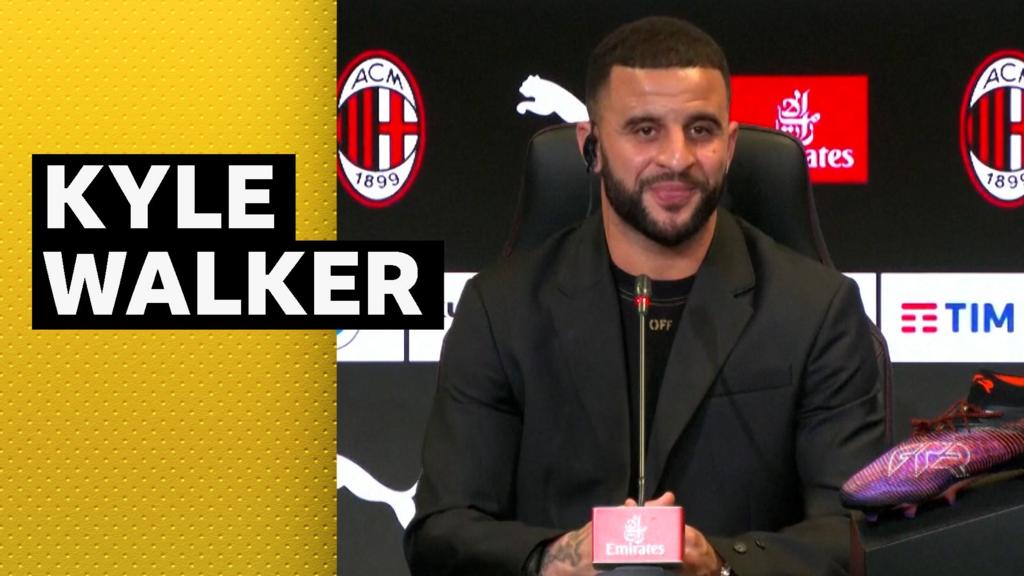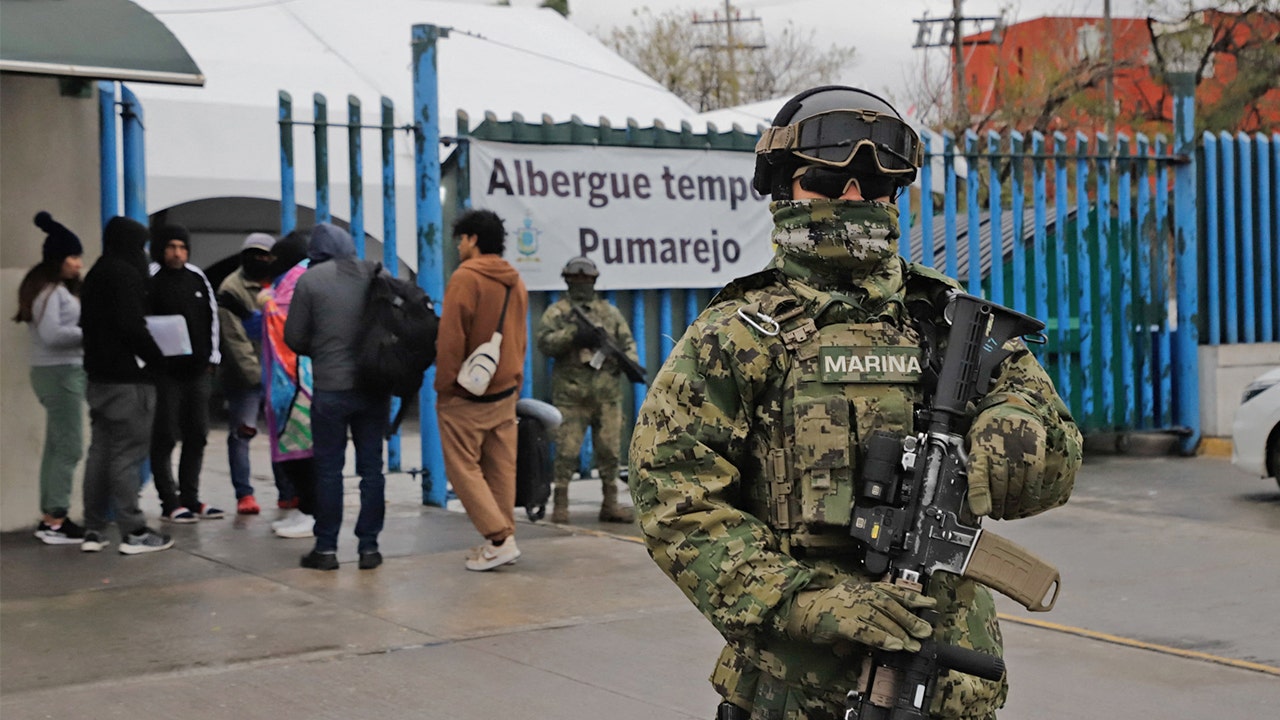As US President Donald Trump reportedly pushes Russia and Ukraine to end the war that has been going on for three years, the Kremlin faces a tough dilemma: sign a ceasefire deal with Kyiv under American conditions or continue its “special military operation” and face severe sanctions that could have a significant impact on the Russian economy. Before making a decision, the Russian leadership will have to consider China’s position.
Russian-Chinese economic ties have grown substantially since 2022, when the Kremlin launched its full-scale invasion of Ukraine. In 2021, the trade turnover between the two nations reached a record US$146.9 billion. Three years later, it has grown to US$244.8 billion. While the European Union has long been a major buyer of Russian oil and gas, China has become the primary market for Russian fossil-fuel producers as a result of the sanctions imposed by the West following its actions in Ukraine.
In 2023, Russia accounted for 19 per cent of China’s oil imports, overtaking Saudi Arabia as Beijing’s largest supplier. Russia continued to be China’s primary oil provider in 2024. China has also become the main buyer of Russian natural gas, although Moscow is still struggling to convince Beijing to take on more pipeline gas.
Since energy has traditionally been a major driver of Russia’s foreign policy, the US Treasury’s January 10 decision to impose new sanctions on Russian oil producers Gazprom Neft and Surgutneftegas, as well as 180 oil-carrying vessels, will undoubtedly force the country’s political leadership to reconsider its current approach to the Ukraine war.
Russian oil exports are expected to face significant headwinds as a result of the new sanctions as they could force Chinese independent refiners to decrease the amount of Russian oil they import and process. As a result, Beijing will have no choice but to increase oil imports from the Middle East and African producers. But what will Moscow do?
Russian President Vladimir Putin said on January 22 that last year was “quite successful” for the Russian economy. However, the fact that five tankers carrying almost 4 million barrels of ESPO and Sokol crude from the Russian Far East to Chinese ports were idling in Chinese waters should be a cause for concern.

 By South China Morning Post | Created at 2025-02-02 12:33:08 | Updated at 2025-02-02 14:55:21
2 hours ago
By South China Morning Post | Created at 2025-02-02 12:33:08 | Updated at 2025-02-02 14:55:21
2 hours ago








